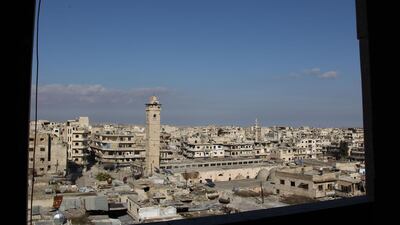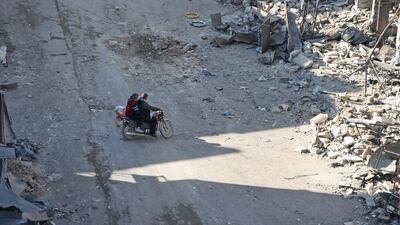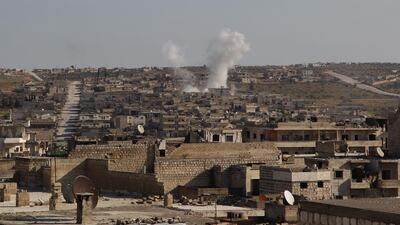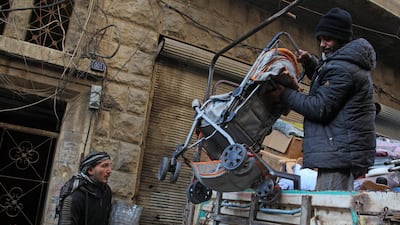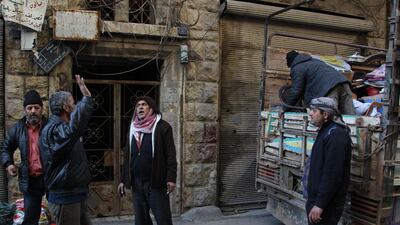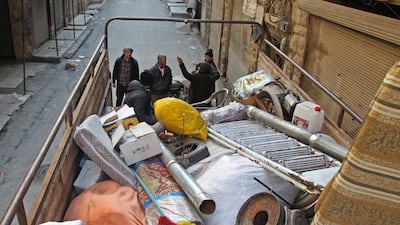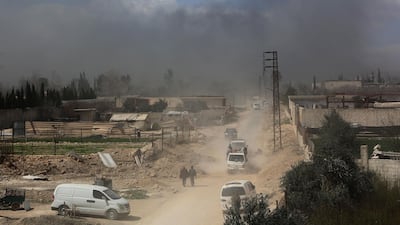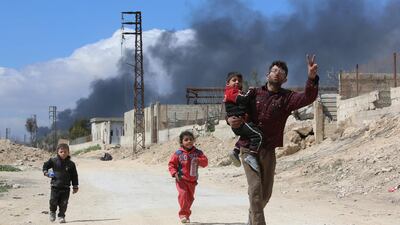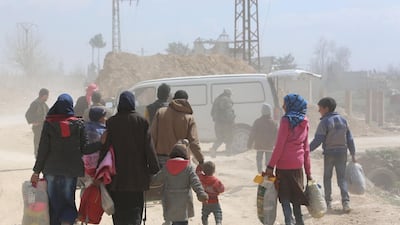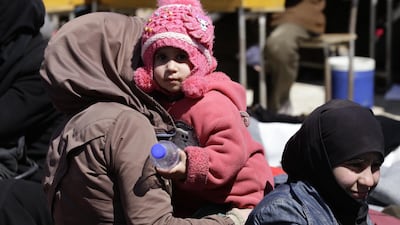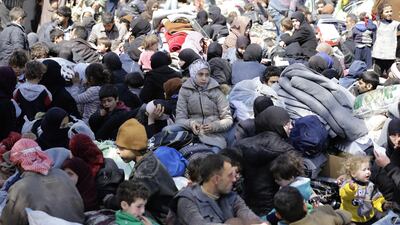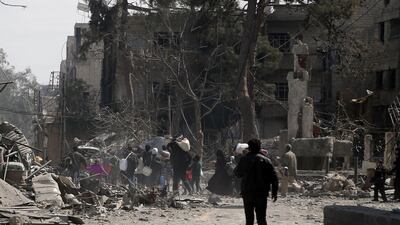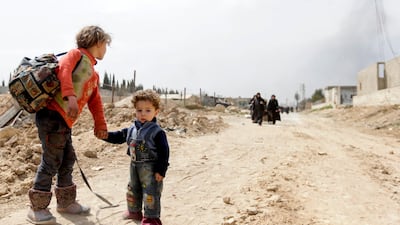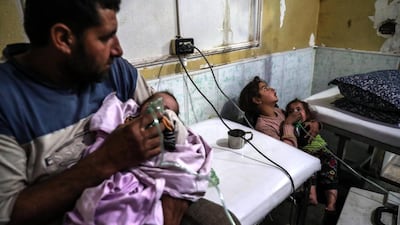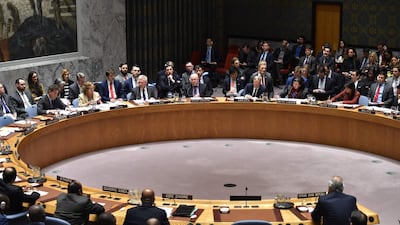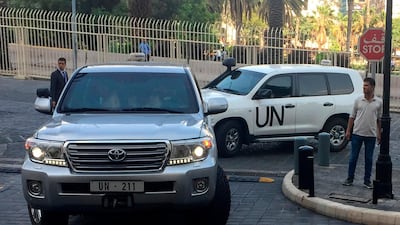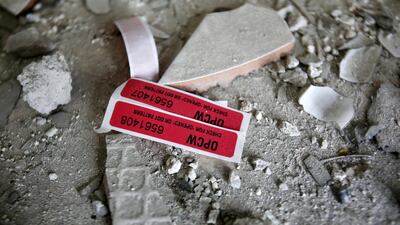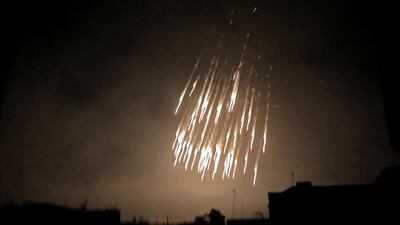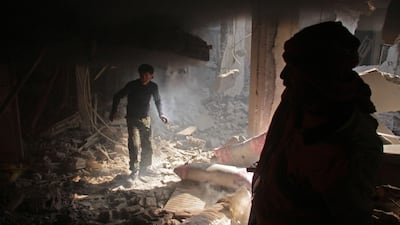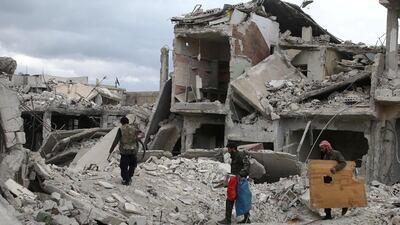The Syrian government is violating international agreements on chemical weapons and obstructing inspectors from investigating allegations, the United States, France and Britain said on Monday.
Syria insists that its chemical weapons stockpile was handed over to the UN for disposal following a 2013 agreement.
Russia maintains that its Syrian ally did not use the prohibited weapons or violate the Chemical Weapons Convention, which Syria acceded to in 2013.
At the time, the US had threatened to attack Syria following a chemical weapons attack in Ghouta, a suburb of Damascus which was bombed with lethal Sarin gas after rebel groups took control of the area.
Hundreds of civilians - by some estimates more than 1,700 died in the attack.
Addressing a UN Security Council briefing on the issue, US Ambassador to the UN Richard Mills said that Syria had denied weapons inspectors visas to investigate alleged use of chemical weapons.
“Repeated and continued failures by the Assad regime to comply with its obligations under international law must not be tolerated,” Mr Mills said.
Inspectors from the Organisation for the Prohibition of Chemical Weapons (OPCW) have applied to visit sensitive sites in Syria but are awaiting permission.
Mr Mills, along with representatives from France and Britain, said that this was in breach of the 2013 UN Security Council Resolution 2118.
The resolution warned “that the use of chemical weapons constitutes a serious violation of international law,” and that “those responsible for any use of chemical weapons must be held accountable.”
“The Security Council should impose measures under Chapter VII of the UN Charter in response to Syria’s non-compliance with Resolution 2118. At this point, there can be no doubt, Mr President, that the Syrian government has repeatedly violated its international obligations,” Mr Mills said, referring to the president of the UN Security Council.
In The Hague, the OPCW also held a meeting on the delayed issuance of visas, where Britain's ambassador to the Netherlands Joanna Roper called on Syria to “explain” the fate of two chlorine cylinders identified as evidence in a chemical weapons attack on the town of Douma in 2018.
Damascus recently told the OPCW the two cylinders had been destroyed in an unspecified attack on one of its own chemical weapons facilities in June this year.
More than 40 people were killed in the Douma incident, prompting Western nations to unleash a barrage of missiles at three suspected chemical weapons facilities run by President Bashar Al Assad's regime.
OPCW director general Fernando Arias said the watchdog “noted with concern” the delays in discussions with Damascus.
The regulator would not send the inspection team to Syria unless it got visas for all members, he said.
Mr Arias added that Syria's declaration on its remaining chemical weapons “cannot be considered accurate and complete” due to what he called “gaps, inconsistencies and discrepancies that remain unresolved.”
